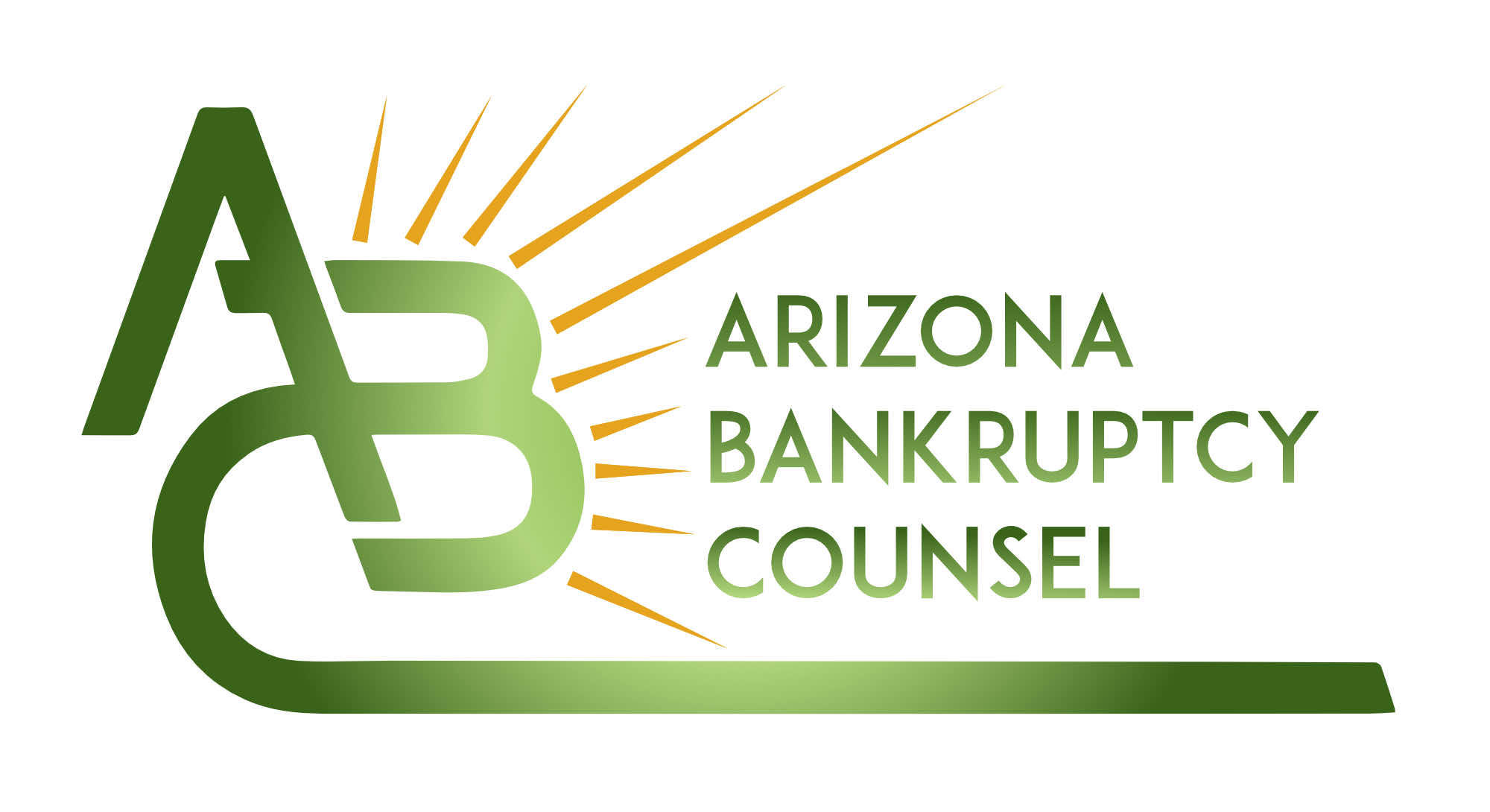A chapter 11 case and a chapter 7 have different objectives. While a chapter 11 case can be filed to secure an orderly liquidation, a debtor may also reorganize its affairs by confirming a plan of reorganization. If successful, a debtor may be able to pay its obligations on a modified schedule, or to reduce those obligations, while remaining in business and in control of its assets.
Estate, Trustee and Creditors
In a chapter 11 case, as in a chapter 7 case, there is a bankruptcy “estate” comprising all of the debtor’s assets. However, a trustee is usually not appointed. Instead, the debtor acts as the trustee of its own bankruptcy estate. For its duties as trustee, the debtor is called the “debtor in possession” because it remains in possession of the estate. The debtor’s power to act as trustee is subject to the same duty that a trustee has to preserve the estate for the benefit of those who have claims or interests in it.
As debtor in possession, the debtor is not required to liquidate the estate, but may sell some or all of the estate’s assets. An advantageous sale can provide a debtor with needed funds to stay in business with the remaining assets, or may fund an orderly liquidation of the debtor.
Since the debtor acts as the trustee in a chapter 11 case, the debtor is in a better position to evaluate claims. As a result, claims are allowed if they appear on the debtor’s schedules, unless they are shown as disputed, contingent, or unliquidated. If a creditor files a disputed claim claim, the debtor can object to it.
The Stay, Exemptions and Avoiding Powers
As in a chapter 7 case, an “automatic stay” is triggered on the filing of a chapter 11 bankruptcy case. The stay allows the debtor to remain in control of the estate, without worrying about seizures by creditors.
As in a chapter 7 case, creditors need approval of the bankruptcy court to foreclose on property of the estate. The standards are similar, but also recognize that a debtor seeking reorganization may need to retain property that is underwater in order to stay in business or complete a sale of assets.
One issue that affects many chapter 11 cases is the need for approval from the bankruptcy court or from the affected creditors before using “cash collateral.” Since debtors often give liens against assets falling in this category, early hearings are often required.
Individual debtors have the same right in a chapter 11 case to exempt property as in a chapter 7 case.
A debtor in possession also has the avoiding power of a chapter 7 trustee, allowing the debtor to recover assets which creditors have seized, or which have been imprudently transferred to insiders without adequate consideration. Along with this power is an obligation to fully disclose avoidable transfers and make a defensible decision whether to pursue the claims.
Discharge
In a chapter 11 case, a corporation can receive a discharge on confirmation of a reorganization plan. In this, a chapter 11 case differs from chapter 7 because since the corporation will survive the bankruptcy and will need continuing protection from its creditors. There is generally no corporate discharge on confirmation of a liquidation plan.
Individuals are entitled to the same discharge in a chapter 11 case as in a chapter 7 case, provided again that the debtor follows the rules. Individual debtors are subject to the same exceptions to discharge as in chapter 7 cases.
You may reach us by phone at (480) 639-6719, or by email at [email protected]. You may also request an appointment to review your situation.
